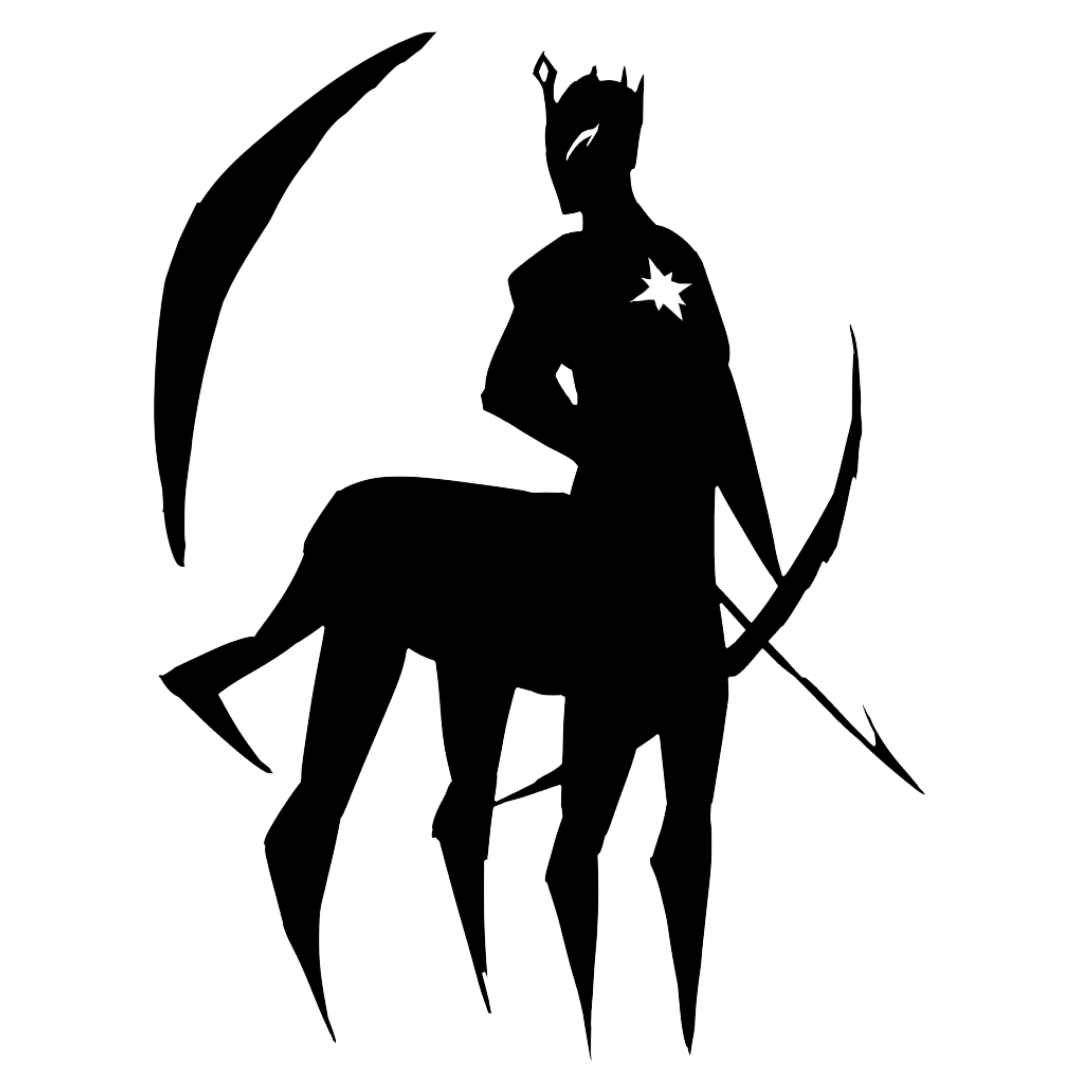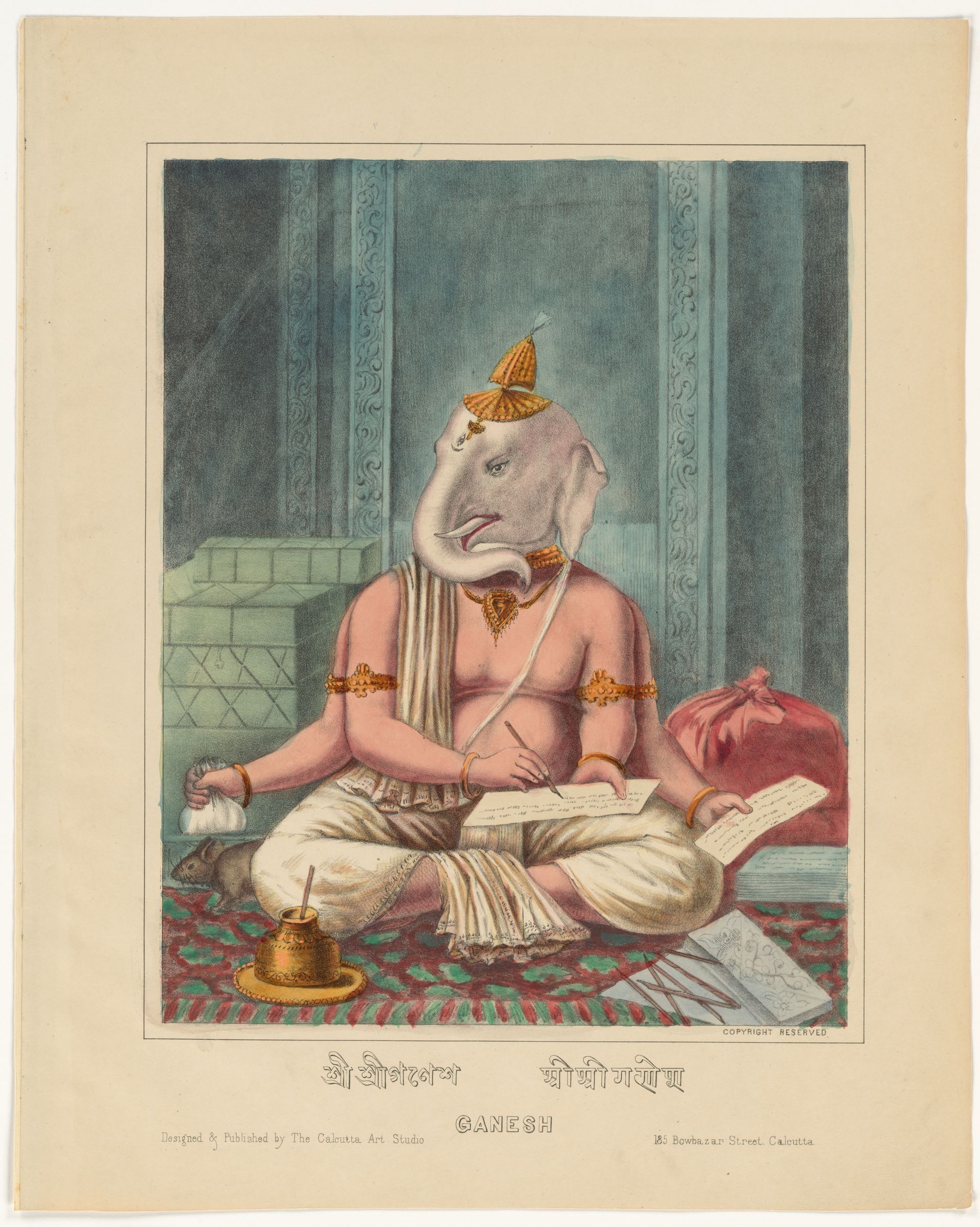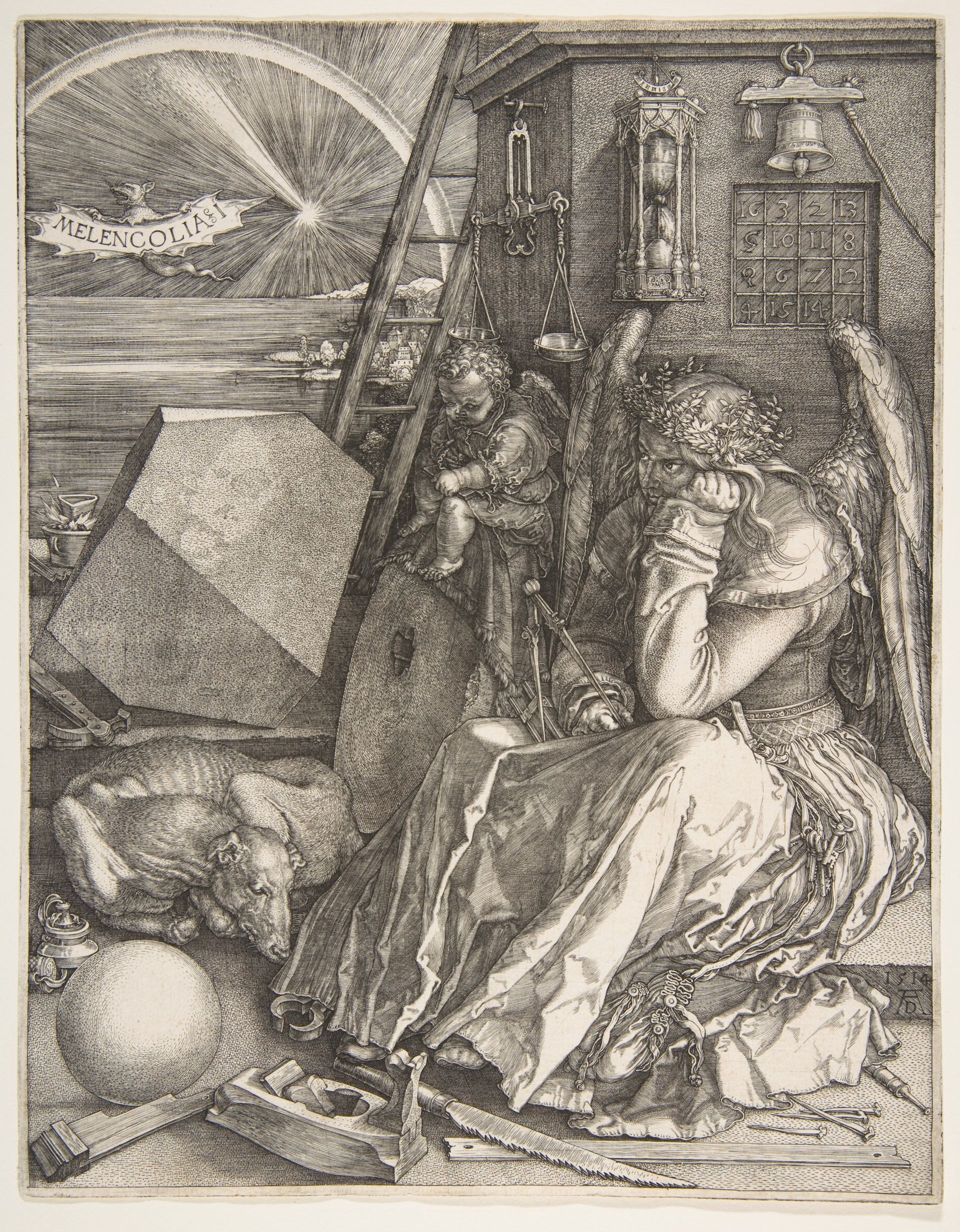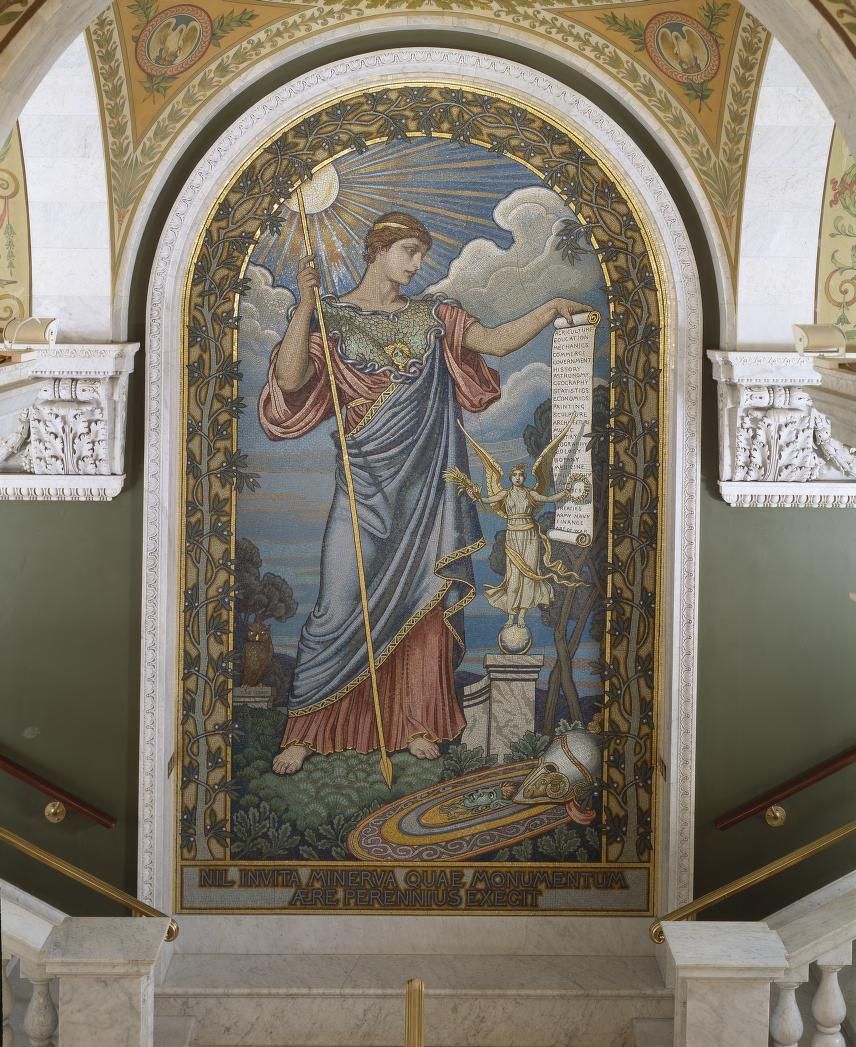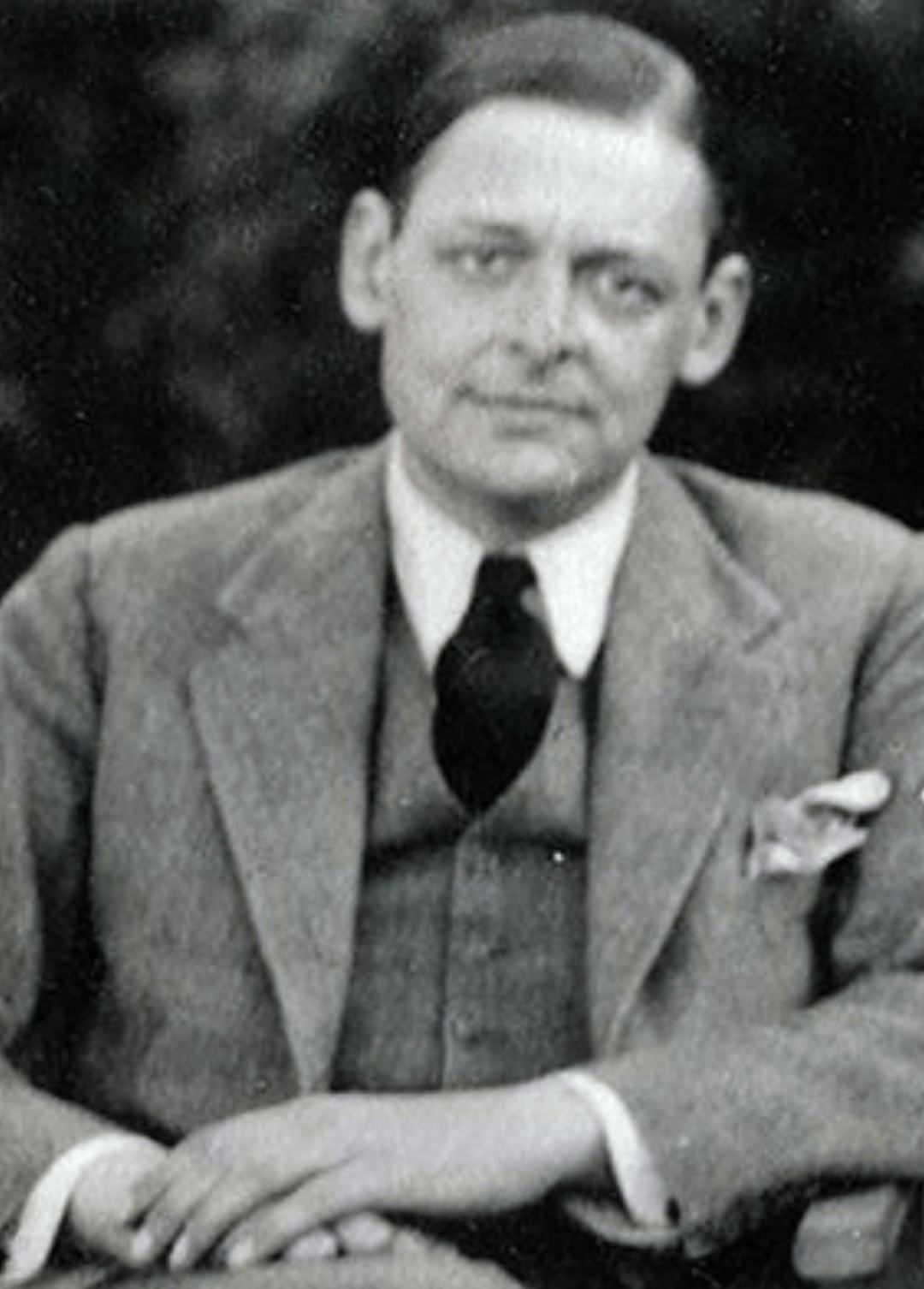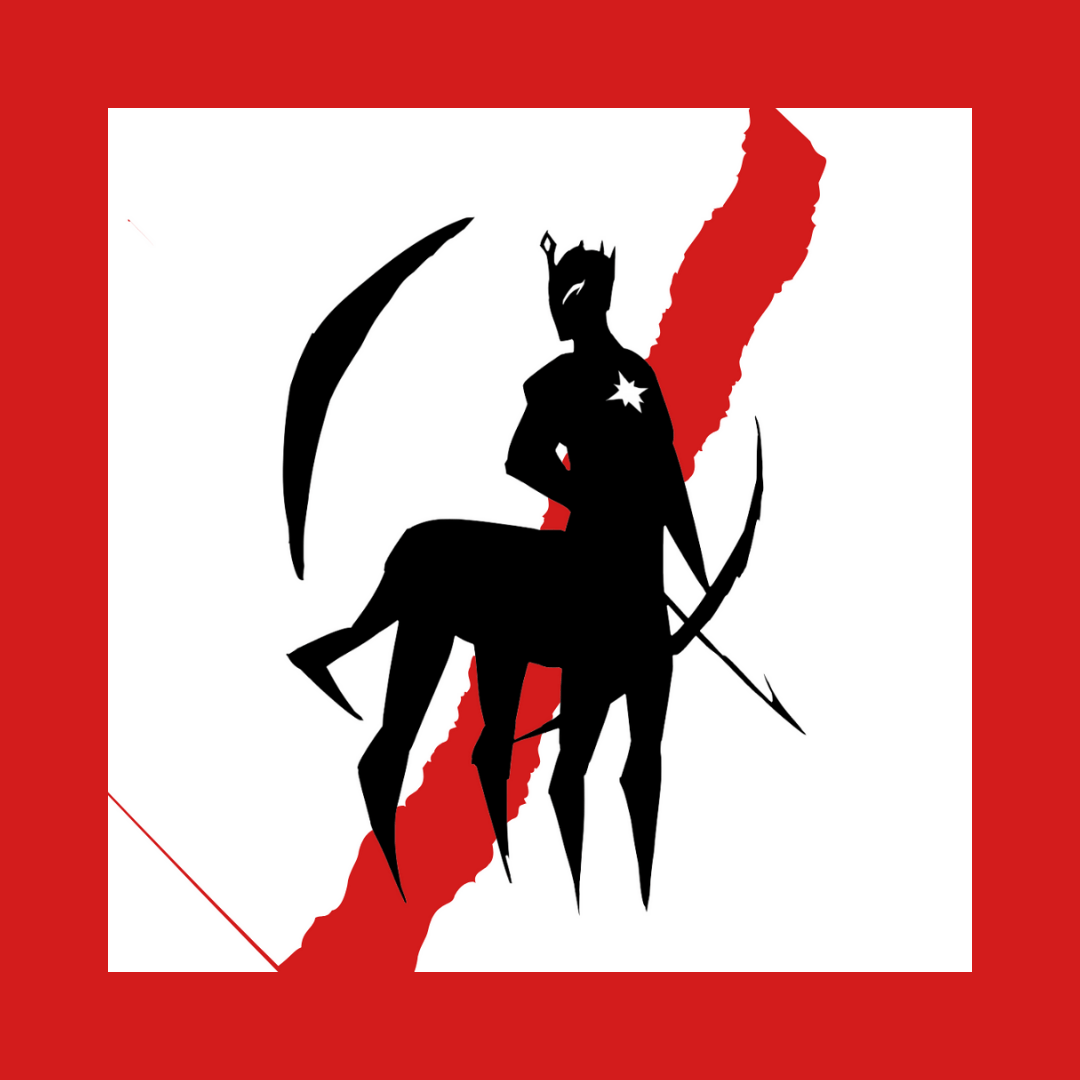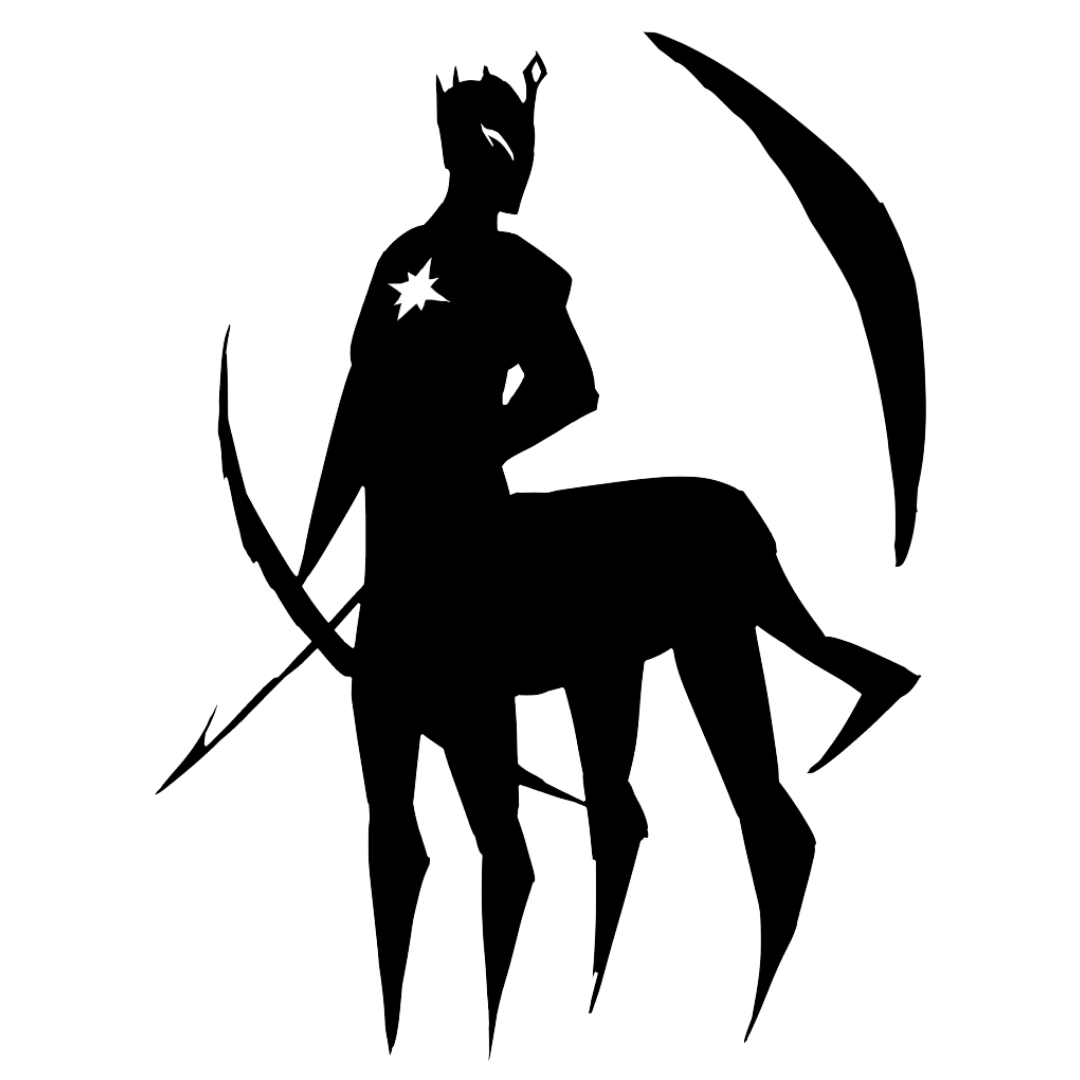
Click on your category of choice for submission guidelines
📍ADVICE TO HELP YOU PREPARE A SUCCESSFUL SUBMISSION
Revue {R}évolution is a scholarly review of poetry and art. We publish erudite and metaphysical literature, and classical art in the tradition of symbolism which expresses transcendence and / or devotion.
For those considering submissions in poetry, visual art, philosophy, or mythology to {R}évolution, meticulous preparation is key. A highly recommended preparation step is regular reading of our magazine, which offers both free and premium content to acquaint you with our publication. By immersing yourself in our philosophy and style, you gain a solid understanding of what we value.
To further aid your preparation, especially if you lack an academic and classical background in writing or art, we have a video series available
here. This series delves into our editorial approach, provides insights on avoiding rejections, and outlines a method for crafting a successful submission. We encourage you to engage with these resources as you refine and shape your contribution.
- Read our submission page on Duotrope. Prepare a checklist if necessary (to make sure you are not missing out on any criteria. If you are, no worries. Take the amount of time necessary.)
- When you are ready, submit your poem/prose/article in word format, .doc, .docx, font 12 pt; Arial, Times or equivalent with double line spacing. No pdf. This tool will help you respect the required word count.
- During the submission process, we may ask you to submit an audio. Avoid vocal fry or uptalk.
- Submit a short and relevant bio including a link to your website or online portfolio. Please do not include your social media handle.
- In addition to the usual information, our submission form includes questions about your creative intent. Treat each questions as a mini essay of academic quality.
Submit through Duotrope/Duosuma. Do not email us your submission.
________
🇫🇷 For submissions in French, click
here
POETRY
A certain ode to the intellect
Inspired by the works of Percy Bysshe Shelley, a renowned poet who saw the deceptive and futile nature of the human mind, {R}6 presents its latest poetry prompt. Your task is to compose a poem on the highs and lows of the intellect, as exemplified in Shelley's works
Ozymandias and
Hymn to Intellectual Beauty.
Please note that we no longer publish free verse poetry. Submit a structured and stylized poem of 1 to 2 pages (225-500 words). We look forward to reading your work.
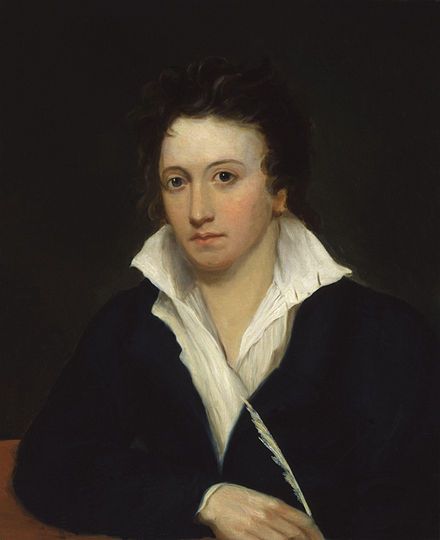
Percy Bysshe Shelley (1792-1822)
The Storyteller Hour
Tales from the other Motherland:
The wisdom of African storytellers
We are looking for African storytellers whose gift for storytelling captivates audiences, from the Maghreb to Nigeria to the far-reaching South-African Bantus, and in the age-old tradition of the griot and the Congolese extravagant and humorous jester. More than mere entertainment, we want stories that challenge readers to think deeply.
To add an extra literary challenge, your story must include several rhyming lines and conclude with the phrase "The moral of this story..."
🇫🇷 Storytellers from African French-speaking countries: Delight us and submit a story in French.
🇬🇧 Storytellers from African English-speaking countries:
Delight us and submit a story in English.
Submit a tale or short story of about 850 to 1700 words, equivalent to 2-4 A4 pages.
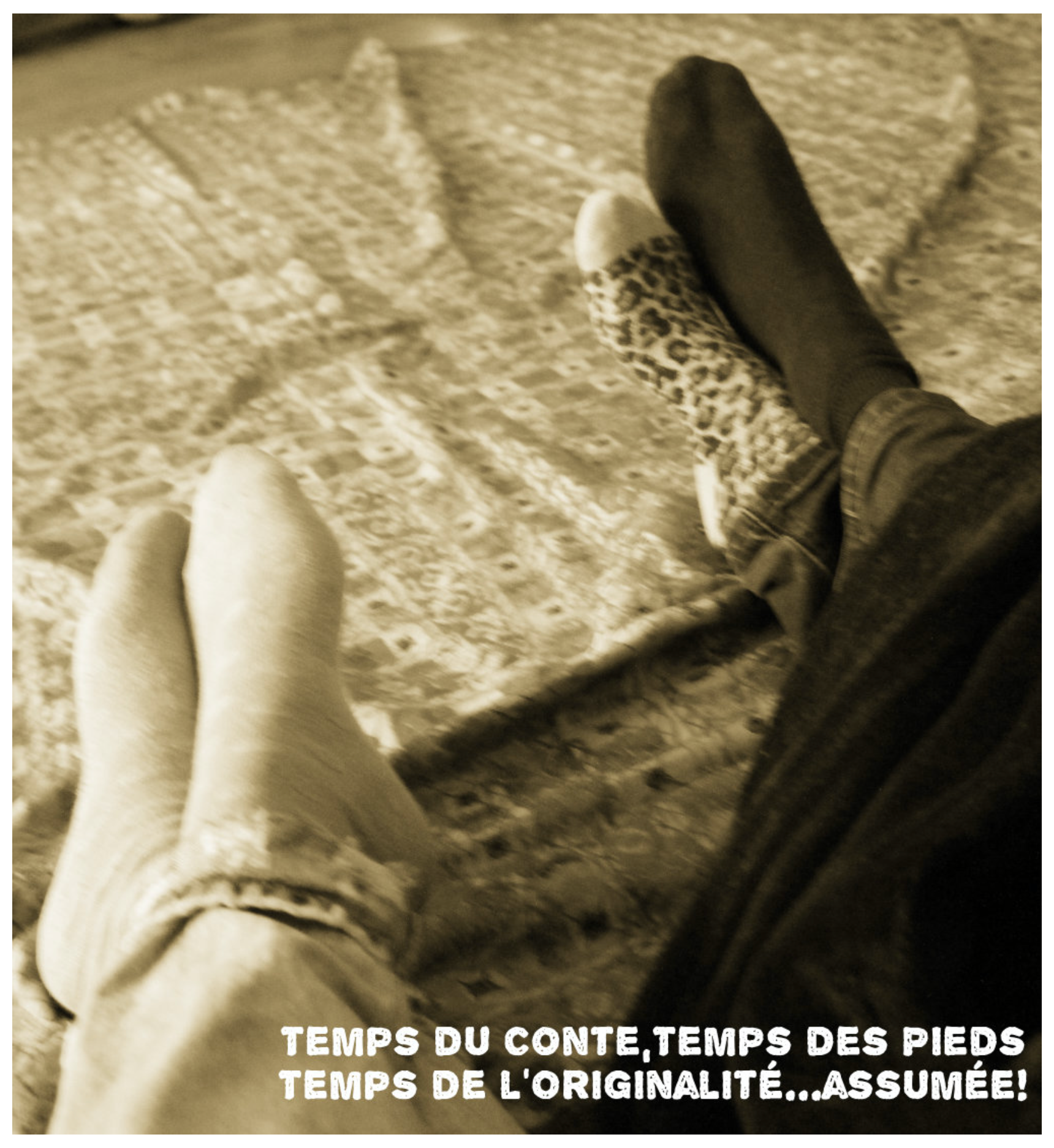
Ah, the legendary photograph of two pairs of feet ensconced in the most delightful and whimsical of stockings, captured during a misty and magical storytelling time in the land of Flanders, so long ago that even the oldest of trees cannot recall the exact year! For storytellers were under threat, but socks in shoes, they wouldn't let. The art of tales, so rich and bold, faded into darkness, untold. Oh, the stories they could tell, of their heroic battles against conformity and blandness, etc. Etc.
WORLD MYTHS & ARCHETYPES
Revue {R}évolution welcomes diverse interpretations of world mythologies through a contemporary lens. Our aim is to foster a meaningful dialogue that spans Judeo-Christian myths, African mythologies, and Hindu mythology.
Our editors are actively seeking academic experts or poets with a deep understanding and formal training in Hindu mythology. Revue {R} is particularly interested in individuals who can articulate the universal aspects of this mythology and engage in conversations with various folk, mytho-religious, and symbolic traditions worldwide. The editorial team values perspectives that view mythology as a versatile yet non-dualistic discourse on existence and the Divine.
We eagerly anticipate the opportunity to discover your work and learn from the perspective you will bring to the table.
Although we had hoped for submissions on the theme Dharma Kshetra and the spiritual splendor of the Mahabharata, unfortunately, we have not yet received any contributions for R6. As we enter the preparation phase for R6, submissions for this subject are now closed.
Behold, Ganesha, divine son of God and Goddess, prince of the Astral Kingdom, mighty guardian of the Gates of Destiny, Lord and Master of Obstacles, and, wait for it... humble scribe of the human poet Vyasa.
West Bengal, Kolkata - 1878–1883. Anonymous artist. Metropolitan Museum, New York, NY.
Question for poets: Who is your scribe?
PHILOSOPHY - METAPHYSICS - RELIGION
What is existence?
We are open to any subject pertaining to the nature and purpose of existence, and The Divine.
Please submit
an essay of academic quality 2-5 pages, with a word count of 850-2000.
CRITICISM // ART // LITERATURE
What is the future of Art ?
Art has two distinct roots in its etymology: the Latin word "ars," meaning skill or craft, and the Sanskrit word "Artha," which refers to one of the four aims of existence and connotes purpose, goal, essence, and the means of attaining one's goals.
In the past, when masterpieces of art were created, knowledge and skill were considered inseparable and essential components of art. However, contemporary art often prioritizes the individual emotions and personal storytelling over craftsmanship and universal knowledge.
This presents a pressing question: how can we reconcile the role of art as a means of transmitting knowledge while avoiding cultural impoverishment across generations, especially given the current state of contemporary art?
Please submit one essay with a length of 2 to 5 pages (approximate word count 85-2000)
___________
The virtues of lavishness in literature
Poetry is unconventional perception expressed in words. If it merely imitates prose, it fails to achieve its true essence. But how can we articulate the exceptional or extraordinary states of consciousness using ordinary language?
And how can/does rich and scholarly phraseology, which is not commonly used, add depth to a poem and elevate the poetic experience?
Please submit one essay with a length of 2 to 5 pages (approximate word count 1000-2000)
TRANSLATION 🇺🇸🇬🇧🇫🇷 - 🇫🇷🇬🇧🇺🇸
Deadline: Wednesday, June 26, 2024 11:59 PM EDT (in 156 days).
TERRE VAINE
We welcome your submission of The Waste Land translated into French.
Revue {R}évolution is in search of a skilled
American or British native speaker, fluent in French
and deeply passionate about the language, to craft an exceptional
French translation of
The Waste Land.
Literary translation is both exhilarating and challenging, a task which requires the skills of an alchemist, humbling you while evoking generosity and impartiality.
Translators have the ability to make previously inaccessible stories, meanings, and even perceptions available to a wider audience.
As such, we are in search of adventurous American & British poets who are willing to take on the challenge of rendering T.S. Eliot’s Waste Land into a beautiful French version.
Fluency in both French and English, as well as experience in poetry, is essential.
AU PLAISIR!
To submit in any of the categories above, visit our submission page on
Duotrope
We encourage you to report your submissions to Duotrope. Duotrope is a fantastic resource which helps writers, artists and literary magazines be seen. More about Duotrope here
THE EDITORS


